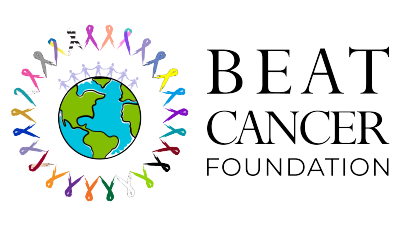
Low-Dose Naltrexone

The Power of Low-Dose Naltrexone in the Fight Against Cancer
Rebranded from an addiction treatment to an effective tool against cancer, Low-Dose Naltrexone (LDN) is illuminating a novel pathway in cancer management. It has swiftly gained a faithful fanbase, capturing the internet's attention and amassing a wealth of anecdotal evidence for its potential to combat cancer. This cost-effective, repurposed drug is known for its immune-stimulating capabilities, and for its ability to provide pain relief while impeding cancer growth.
A closer look at LDN reveals its multifaceted approach in combating cancer. LDN prompts endorphin production, which in turn invigorates the immune system. This process, known as 'Opioid Growth Factor' blockage, can restrain cancer cell growth and alleviate pain by binding to the TLR4 protein. Many patients, notably those deemed 'terminal', have claimed that LDN has blocked cancer even when conventional treatments failed.
The pioneering work of Dr. Ian Zagon and his team at Pennsylvania State Medical School since 1985 has provided substantial backing to LDN's potential. They have reported that LDN boosts endorphin production and subsequently strengthens immune responses, including the production of Natural Killer cells. Their research has shown that LDN inhibited ovarian cancer cell growth by 25% and decreased tumor sizes in mice by 45%.
Furthermore, LDN exhibits a direct effect on Toll-like receptors (TLRs), which trigger inflammatory compounds that promote cancer cell growth and metastasis. LDN's potential to block cancer cell division and subsequent tumor growth presents a significant breakthrough in cancer treatment strategies.
Endorphins, commonly known as 'happy hormones', and opioids play integral roles in LDN's effectiveness. They provide pain relief, promote a sense of euphoria, and importantly, modulate the immune system, making them invaluable in immunotherapy. The interaction of LDN with endorphins and opioids elevates their production and sensitizes their receptors, creating an immune response that has shown signs of promoting tissue healing and directly inhibiting tumor growth.
While LDN has demonstrated immense potential as a standalone treatment, it can also work in harmony with chemotherapy. Researchers have found that LDN may enhance the activity of chemotherapy drugs such as Taxol and Cisplatin without causing conflict.
Outside the realm of cancer, LDN has shown promise in treating diseases such as Multiple Sclerosis, Rheumatoid Arthritis, IBS, Crohn's, and Parkinson's. It is believed to bind to an inflammatory protein TLR4, thereby blocking inflammation and pain, making it a potential treatment for chronic Lyme Disease.
The most effective dosage of LDN in cancer treatment tends to vary among different sources. Most commonly, starting with a 0.5 mg dosage and gradually increasing to 4.5 mg, taken at bedtime, is recommended. Although St George’s Hospital in Tooting, UK, proposes taking it continuously, the LDN Research Trust suggests a 3-day-on, 3-day-off schedule. It's worth noting, LDN may exhibit an enhanced anti-tumor effect when combined with cannabis or CBD oil during off-days.
LDN, available in capsule, liquid, or oral drop form, is an unlicensed medicine for cancer use. Yet, its potential to stimulate the immune system, provide pain relief, and stall cancer growth is capturing the attention of researchers and patients alike, establishing it as a promising contender in the arena of cancer treatment. As we delve deeper into understanding LDN's mechanisms, it remains a beacon of hope for patients around the globe.
References:
1. https://ldnresearchtrust.org/dr-wai-liu-ldn-radio-show-2016-ldn-low-dose-naltrexone
“Knowing all your treatment options could be life-saving!”
Location
Sheridan, WyomingTogether, we can beat cancer
Thank you for your interest in the Beat Cancer Foundation. We are here to support you every step of the way in your cancer treatment journey. Please fill out the form below, and our team will be in touch with you shortly. Together, we can beat cancer. (307) 291-0991

